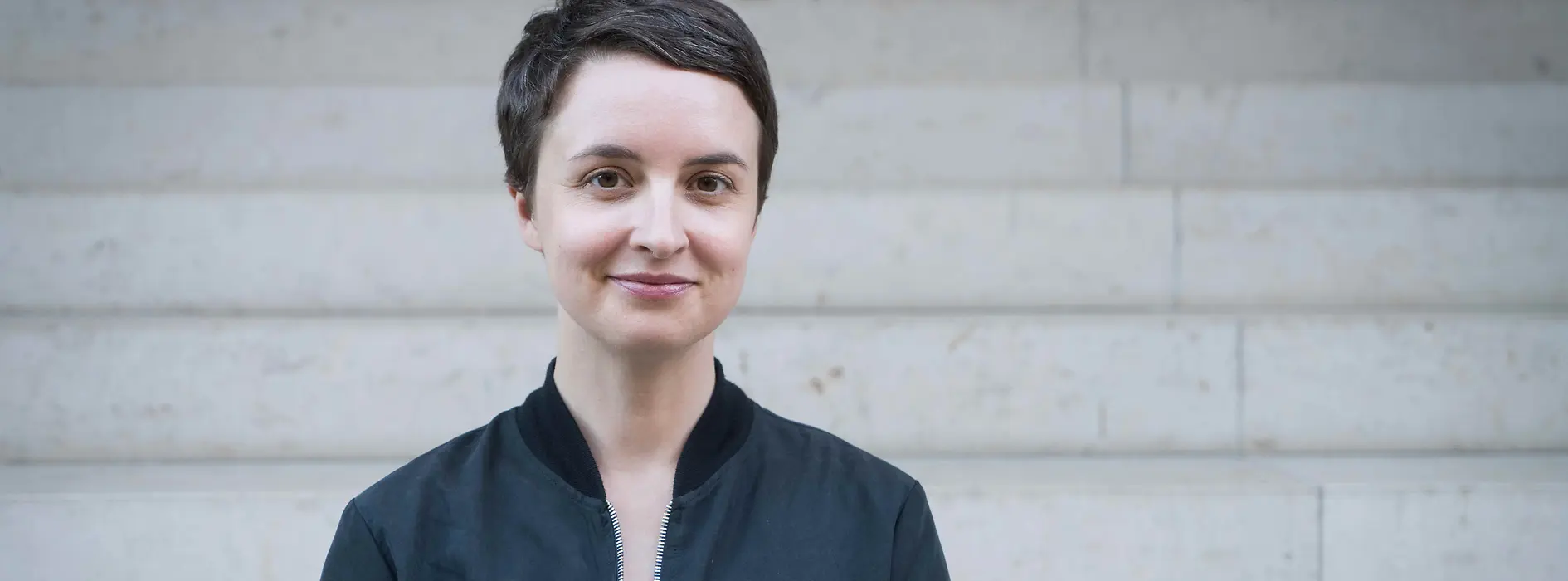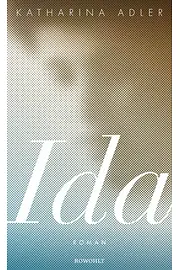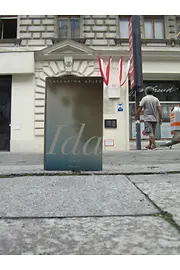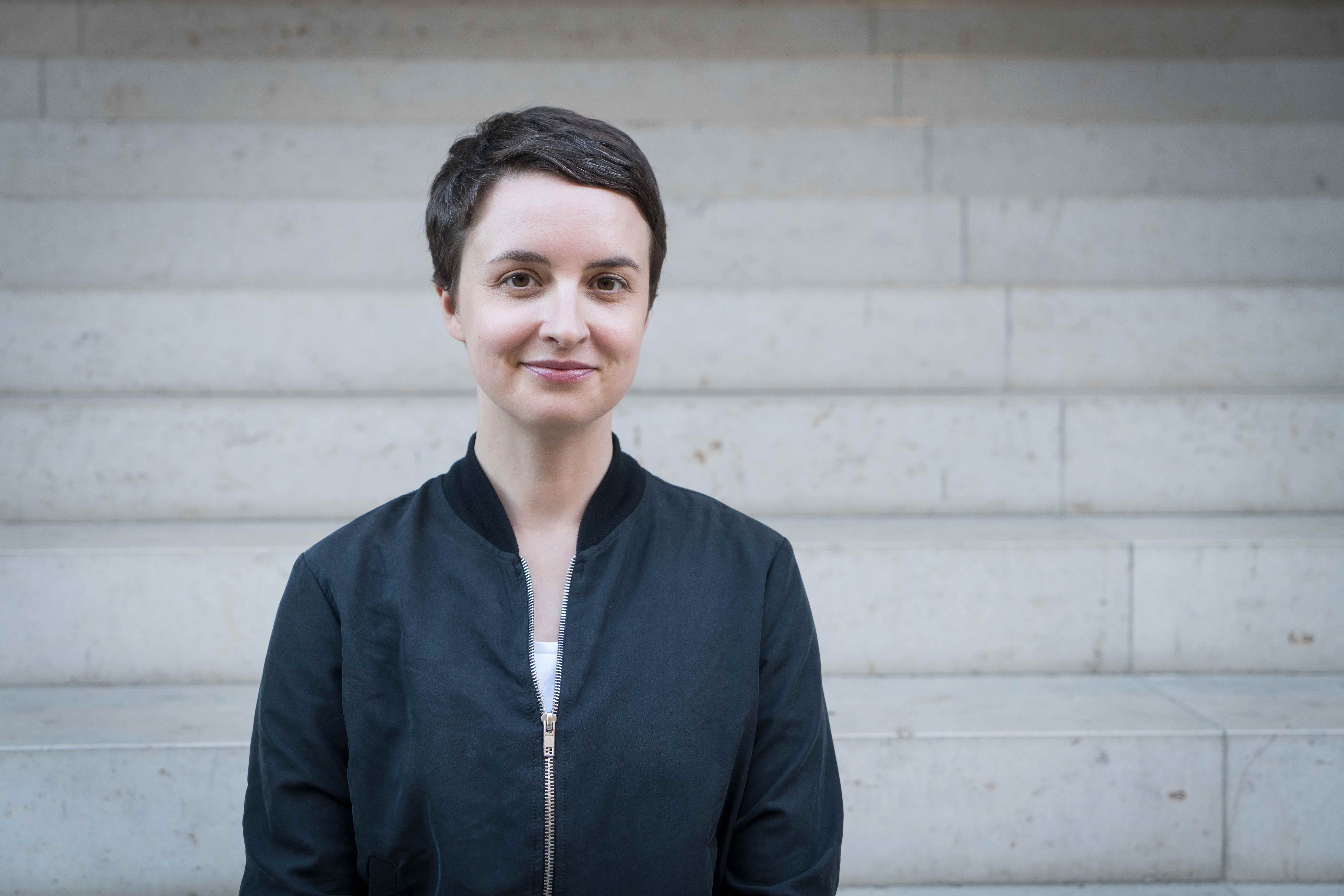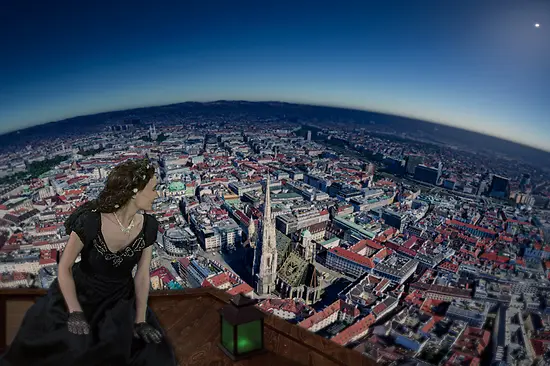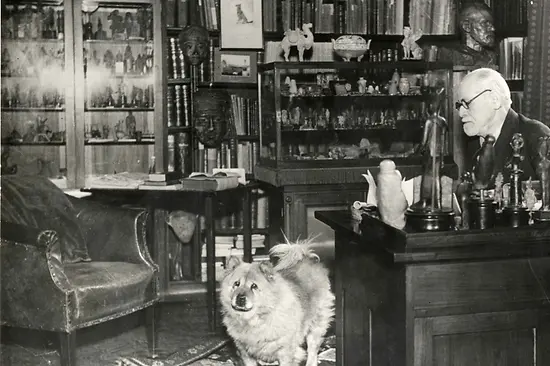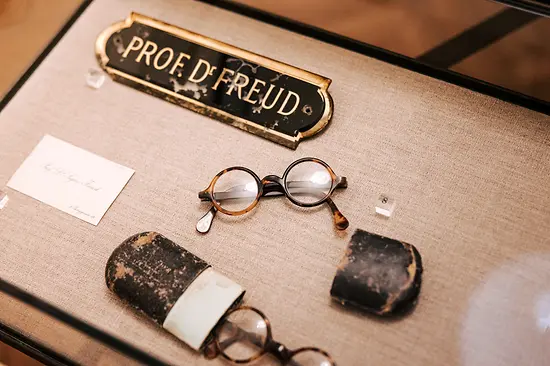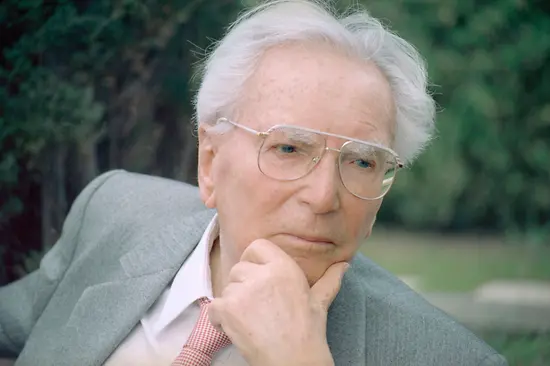Dora reloaded
Have you ever heard anything about Dora, Ida or Katharina? Dora's Case was one of Freud's most famous case studies. But Dora was actually called Ida. And her great-granddaughter has written a book about her.
Ida Adler, née Bauer (1882-1945), became one of the 20th century's most famous patients due to Freud's work "Fragments of an Analysis of a Case of Hysteria" (1905). Following multiple arguments with her parents and repeated threats of suicide, the 18 year-old Ida entered into therapy at Berggasse 19. Yet Freud's analysis was ended by Ida herself after just eleven weeks. Written in 1901, but only published in 1905, Freud's work forms the bridge between the "The Interpretation of Dreams" (1900) and the "Three Essays on the Theory of Sexuality" (1905).
With "Ida", the Munich-based author Katharina Adler gives her great-grandmother her own, unmistakable voice for the first time, and shows how Ida lived her life with self-determination and courage. We interviewed the author.
(Please note: By now "Ida" is only available in German and Italian.)
Ms Adler, let’s go on a journey through time: You can meet Ida and select a place and specific time in her life. Where and when would that be and above all, what would you like to ask Ida?
Katharina Adler: Although I would find any moment of her life incredibly interesting, I might choose to visit her in 1934, when she was still living on Vegagasse in Döbling. Ida held salons and lived there for many decades. I would then simply want to let her talk; on the one hand I would hope to learn lots of personal details about her; on the other I would be excited to hear her political assessment of the situation. Her brother, Otto (ed.: Otto Bauer was a well-known politician and founder of Austromarxism), had just been expelled from Austria during the February Uprising, social democracy was banned. I would be incredibly interested to know how she viewed that.
Ida is rebellious, strong-willed and sometimes pretty cheeky – in short, she has character. A trait that was not especially appreciated in young girls at the time. How would you describe Ida in your own words? Have you perhaps even seen yourself in Ida sometimes?
Adler: You're right, Ida had her own mind and an excellent sense of what was right for her and what was not. She instinctively rebels against the patriarchal system that both abuses her and at the same time talks her into believing that she should either find that a good thing or that she is only imagining the repression and abuses. Instead of breaking down under this, Ida only becomes more resistant and follows her own path – as far as possible. I hope that I have a little of that in me, too. And I must also say, what I particularly enjoyed when writing the novel were the passages in which Ida does not comply, is unconventional, sometimes even prickly.
You have given Ida, as well as Ida's story, her own voice with your book, thereby also emancipating her a bit from Freud and his "Fragments of an Analysis of a Case of Hysteria". How did you find Ida's voice in yourself?
Adler: That was a long journey, one that took ten years all in all. I restarted it many times. Tried it out again and again. And then one day, I suddenly had the figure of Ida in front of me, heard her voice. And it happened at the moment I imagined her away from her relationship with Freud. Quite specifically as my great-grandmother, who is related to people I was also able to experience myself: my grandparents, a good friend of my grandfather. They all make an appearance at the start of the novel and my childhood memories of them helped me finally find Ida.
"Ida" is not chronologically structured. How important was it for you to move to and fro between the different phases of her life?
Adler: Right at the beginning of my writing project, I had a clear plan not to recount Ida's story chronologically but in fragments, as Freud also called his clinical history of Ida "Fragments of an Analysis of a Case of Hysteria". For Freud, the fragments refer to the fact that he does not describe a complete analysis, as Ida stopped her treatment early. For me, the fragments are a constantly new approach to telling the story of her life without psychologizing it. I didn't want to start with her childhood, which then supplies the direct justification for how Ida behaves later on in her life. I think that happens in the mind of the readers anyway, but I wanted to break this causal chain in the narrative. Each of her chronological ages stands on its own.
Of course, Freud also gets his own platform in "Ida". For "Mr Doctor", Ida became Dora, which made her world-famous. And did so even though Ida stopped the treatment after just eleven weeks, a decision that pretty much upset Freud. Do you believe that these eleven weeks remained with Ida for the rest of her life?
Adler: That was a question I struggled with the whole time I was writing the novel. I came to the conclusion that she certainly never forgot this episode with Freud. Of course, sometimes it played a bigger role in her life and sometimes there was something more important. I am relatively certain that she in some ways never regretted stopping the treatment. And at the same time, I could imagine she was surprised by how famous this doctor from Berggasse went on to become. I also deal with this surprise about Freud's lasting and international fame on the first pages of the novel. Ida is in the USA and is suddenly confronted with psychoanalysis and Freud, who is currently being fêted in high society. That comes as something entirely unexpected for her and she is unable to fully comprehend the enthusiasm either – and entirely rightly from her perspective.
Ms Adler, thanks for talking to us.
Ida Adler (née Bauer)
- Born in Vienna in 1882; died in New York City in 1945
- Ida Adler was the sister of the well-known Austrian politician Otto Bauer
- Ida attained fame for being a patient of Sigmund Freud ("Dora's Case")
Katharina Adler
- Born in Munich in 1980
- "Ida" was Katharina Adler's debut novel; she writes for Süddeutsche Zeitung, among other publications
- "Ida" won the 2019 Bavarian Art Prize for Literature
